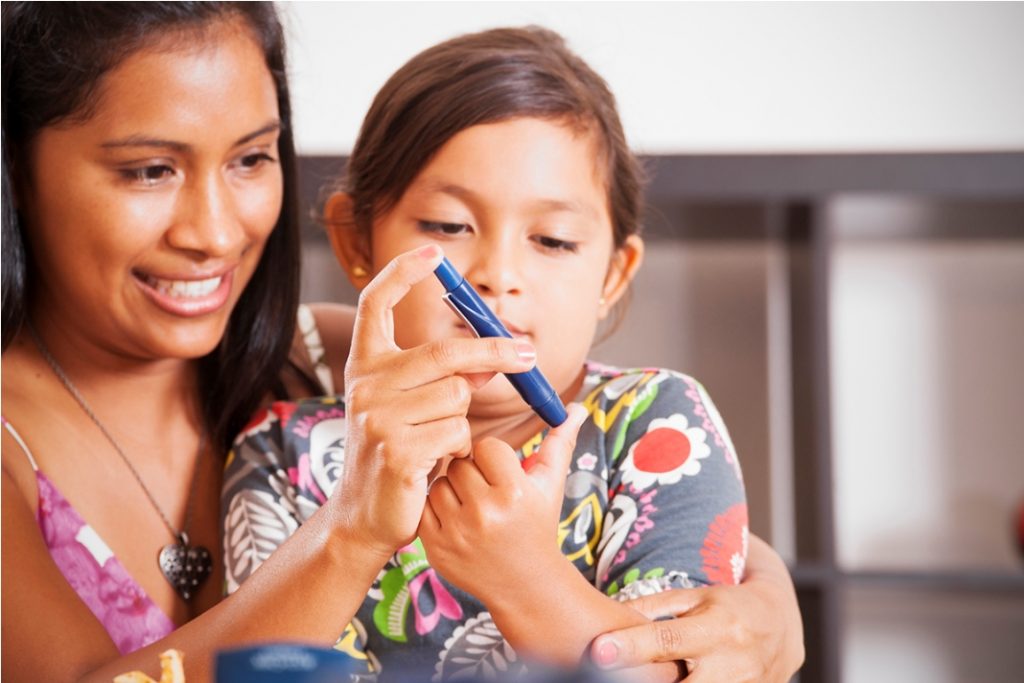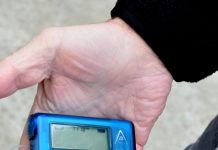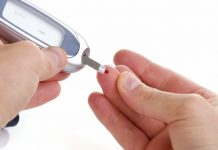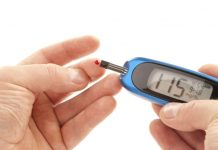Brain is the most important part of human system and it absorbs about 20 percent of the total energy generated by the body. Simple sugars are the major energy source for the brain and their proper glucose levels must be maintained to keep the brains running. This becomes a tough task for children with type 1 or Juvenile Diabetes.
Type 1 diabetes happens when the immune system of body destroys the pancreatic cells, also known as beta cells. These are basically the cells which make insulin for the body.

What is insulin and its function?
Insulin is the hormone which helps move the sugar or glucose to the tissues and these fluids are then used as fuel by the body cells. This process gets thrown off when the beta cells get damaged, from Diabetes 1. The glucose starts moving into the blood instead of the cells and hence the cells get starved.
This conditions gives birth to a situation called high blood sugar, and it can lead to following symptoms
- Weight loss: the glucose goes out with the urine and hence you lose weight.
- Dehydration: you urinate more due to extra sugar and hence the body dries out.
- Ketoacidosis (DKA): due to shortage of glucose the cells get broken down and as a result liver releases sugar to help the body. This extra sugar builds up in the body with acidic ketone. This combination of acid, sugar and dehydration build a life threatening situation (if not treated accordingly) called Diabetic Ketoacidosis.
- Body damage: eventually high blood sugar levels affect other body parts as well like eyes, kidney etc.
How does it affect the brain?
It has been found out by research that some parts of brain develop slowly than other in children who are suffering with type 1 diabetes. This condition has direct relation with Hyperglycemia (abnormally high blood sugar level) or hypoglycemia (abnormally low blood sugar levels).
The constant fluctuation in blood level causes the brain activities to slow down in patients often leading to mental health issues in patients like depression, low concentration, short attention spans, slow reaction timings and reflexes, both mentally and physically.
According to the various studies conducted on patients suffering with juvenile diabetes (type 1 diabetes), following conclusions about their brain activities were recorded:
- Poor problem solving skills were noted for the patients having type 1 diabetes as compared to healthy patients.
- Slow psychomotor(relating to movement caused by a conscious mind) efficiencies
- Slow learning and short term memory
- Poor visual-spatial activities.
So basically developing the brain in patients suffering from type 1 diabetes becomes difficult task. The part of brain which gets affected is responsible for various body activities like processing of languages and objects, recognition of visual-spatial processes, memory power and assimilating information from sensory parts of body.
A child’s brain is robust and has the capacity to absorb many things during the development stage. These activities get highly affected due to type 1 diabetes and hence hamper with the basic functions of the brain.
It is suggested that symptoms must be recognized as soon as possible and preventive measures must be taken to avoid any major complications.













